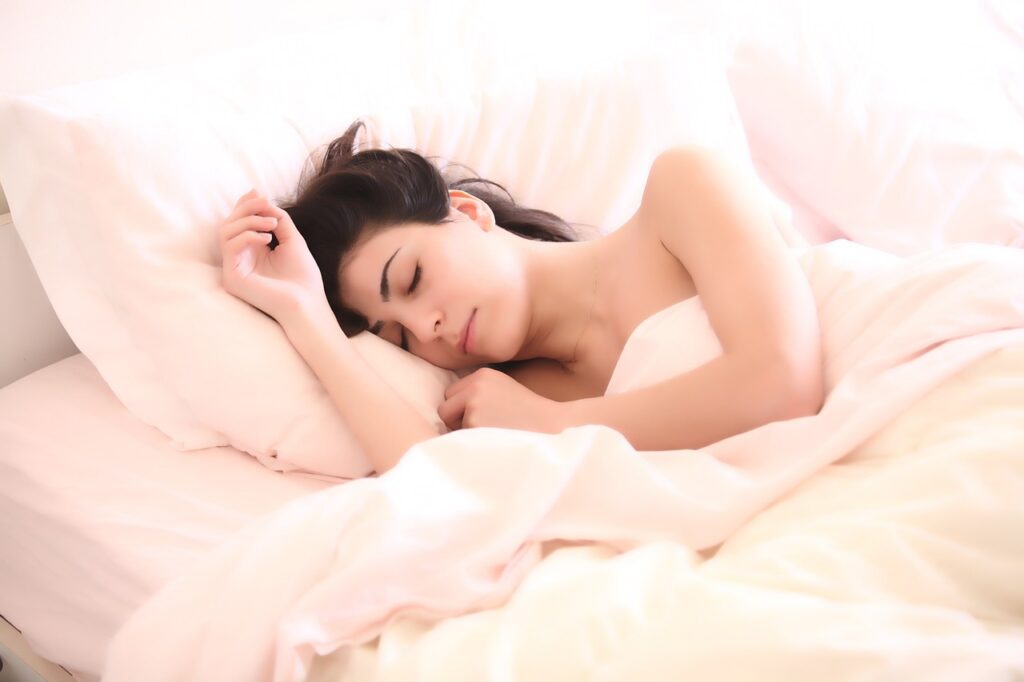Lighten Up for Sleep: The Impact of Light Exposure on Rest
Ever toss and turn all night, only to discover the culprit is the bright streetlight shining directly through your window? Or perhaps you struggle to unwind after staring at your phone screen right before bed. It’s no coincidence. Light exposure plays a significant role in regulating sleep, and understanding its impact can be the key to unlocking a world of restful nights. This post dives into the science of light and sleep, exploring how light exposure affects your slumber and offering tips to create a sleep-conducive light environment.
Why Sleep Matters: Beyond Just Catching Zzz’s
Sleep isn’t a luxury; it’s a biological necessity. While we slumber, our bodies and minds undergo vital processes essential for optimal health and well-being. Here’s a quick reminder of why sleep matters:
- Boosts Brainpower: Sleep fuels your brain. During sleep, your brain consolidates memories, processes information, and strengthens neural connections. Adequate sleep leads to improved focus, sharper cognitive function, and better decision-making skills.
- Emotional Resilience: Feeling stressed and irritable? Sleep deprivation can exacerbate emotional swings. Conversely, sufficient sleep promotes emotional well-being and resilience, allowing you to navigate daily challenges with a calmer outlook.
- Physical Repair and Renewal: Sleep is your body’s repair shop. During sleep, your body releases growth hormone, promoting muscle repair and tissue regeneration. Your immune system also strengthens, making you more resistant to illness and injury.
- Increased Energy Levels: Feeling constantly tired? Chronic sleep deprivation zaps your energy reserves. Getting enough sleep recharges your batteries, providing sustained energy throughout the day.
Light and Your Internal Clock: A Delicate Dance
Our bodies have a natural internal clock called the circadian rhythm. This 24-hour cycle regulates sleep-wake patterns, influenced heavily by light exposure. Here’s how light interacts with your sleep:
- Sunlight Suppression: Exposure to sunlight during the day helps suppress melatonin production, a hormone that signals sleepiness. This keeps you alert and energized throughout the day.
- Melatonin Magic: As darkness approaches, melatonin production ramps up, making you feel drowsy and preparing your body for sleep.
- Light Disruption: Exposure to artificial light, especially blue light emitted from electronic devices, disrupts melatonin production. This can make it harder to fall asleep and stay asleep, leading to fragmented sleep and decreased sleep quality.
Creating a Sleep-Conducive Light Environment
Understanding the impact of light on sleep allows you to optimize your environment for a good night’s rest:
- Embrace Darkness: Aim for a dark bedroom environment. Invest in blackout curtains, an eye mask, or both to block out any external light sources.
- Dim the Lights Before Bed: Create a relaxing wind-down routine by dimming the lights in your bedroom an hour or two before sleep. This helps signal to your body that it’s time to prepare for sleep.
- Beware of Blue Light: Limit exposure to blue light in the evening. Avoid using electronic devices like phones, laptops, and TVs right before bed. Consider using blue light filter glasses or apps that can reduce blue light emission in the evening.
- Embrace Natural Light During the Day: Expose yourself to natural light during the day. Open your curtains and get some sunlight, especially in the morning. This helps regulate your circadian rhythm and promotes better sleep at night.
- Invest in Smart Lighting: Consider using smart light bulbs that can be programmed to dim and adjust color temperature in the evening, creating a calming sleep environment.
Remember:
- Consistency is Key: Creating a consistent sleep schedule and light exposure routine helps regulate your circadian rhythm and improve sleep quality.
- Listen to Your Body: Pay attention to how different light exposures make you feel. Adjust your routine based on your individual needs.
- Seek Professional Help: If you continue to experience chronic sleep problems despite optimizing your light environment, consult a healthcare professional to rule out any underlying medical conditions.
By understanding the impact of light exposure and creating a sleep-conducive light environment, you can significantly improve your sleep quality. Embrace a world of restful nights, wake up feeling refreshed and energized, and unlock the multitude of benefits of a good night’s sleep. Sweet dreams!

